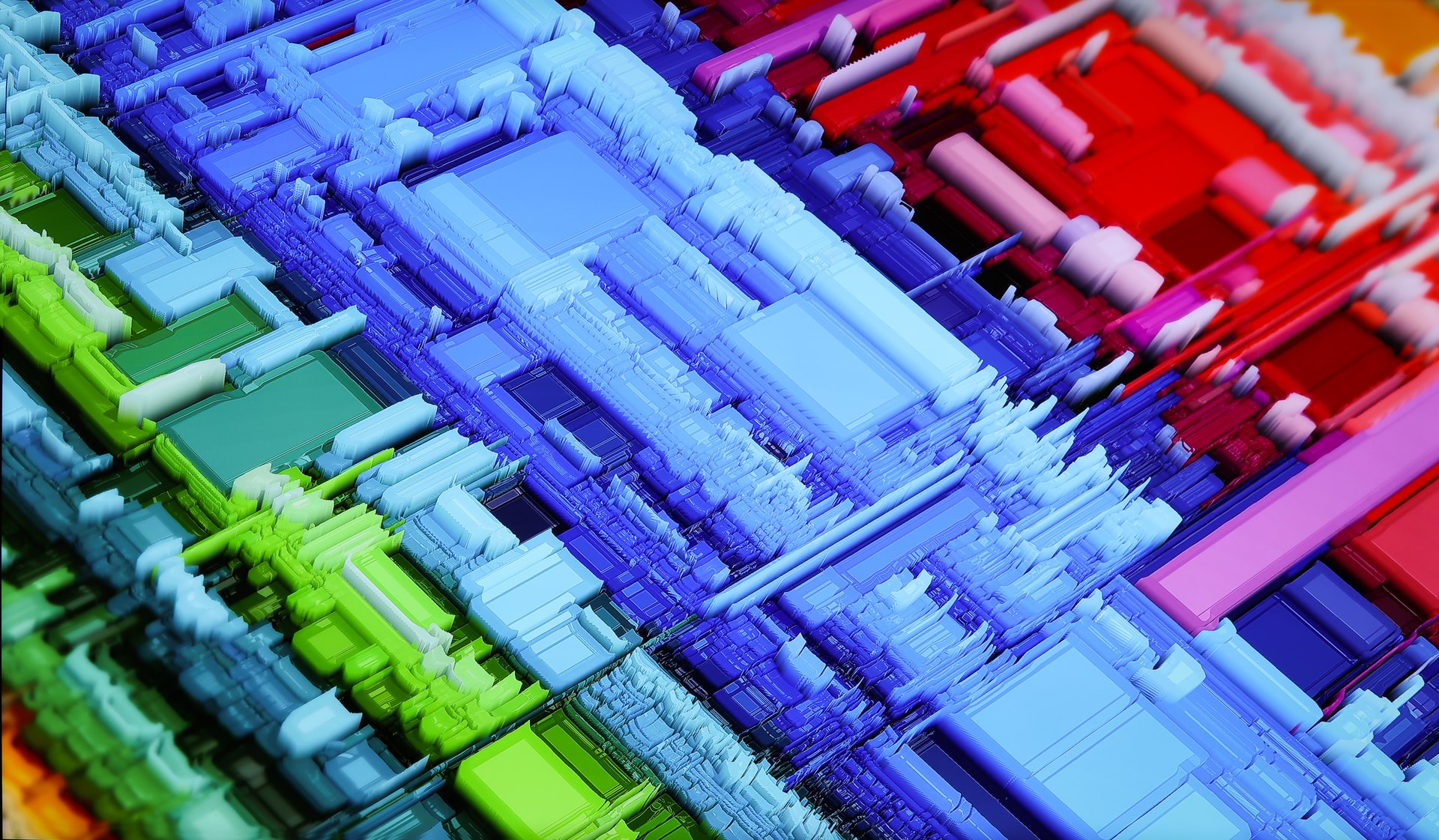The popularity of NFTs is rapidly expanding in digital media like art and music. Eventually, digital real estate could see a similar boom. Already, property and buildings in the so-called “metaverse”, tokenized as NFTs, are selling for millions of dollars in Ethereum and other crypto and many enthusiasts are now working to bridge the gap between the digital and physical realms.
With NFT smart contracts’ transparent pricing and seamless transferability, some believe it is feasible that blockchain technology could revolutionize the execution of real estate sales.
Related ETF & Assets: Amplify Transformational Data Sharing ETF (BLOK), Ethereum (ETH), Axie Infinity (AXS), Decentraland (MANA)
In MRP’s NFT Roadmap, we explained that NFTs (non-fungible tokens) represent the tokenization of asset ownership on the blockchain. Think of purchasing an original work of art as an example – currently the most popular application for NFTs.
When a collector buys a piece of artwork, they sign a contract that transfers ownership and then receive a certificate of authenticity to prove that they own the original work, even if there may be unofficial copies out there. NFTs function in a similar way, creating a digital token in the blockchain that cannot be duplicated or copied (hence “non-fungible”), and will track the entire ownership history/selling price of the underlying files(s) on its own.
Additionally, a portion of every transaction also flows back to the original creator/minter as a royalty fee.
NFT smart contracts are originated, bought, and sold on the blockchain using cryptocurrencies like Ethereum (ETH) or WAX (WAXP).
Any prospective buyer of an NFT asset will be able to see exactly when it was minted (the process of tokenizing an asset), when it was purchased, when it was sold, at what price, and by whom it was created or listed. Therefore, not only is the entire process of generating official ownership decentralized, but all transaction history is also transparent, smoothing out the valuation process.
There is a case to be made that NFTs may be the next generation of blockchain technology, enabling a future where purchase and ownership of almost any asset can be autonomously validated, recorded, and reviewed with the use of a digital ledger – including homes, buildings, land and other real estate.
Websites like Realtor.com and Zillow simplified the home shopping experience and it’s not hard to imagine a future where NFTs, or even more sophisticated smart contracts, could simplify the execution of sales – especially since cryptocurrencies like ETH are most efficient and cost-effective for large purchases.
A Metaverse Trial Run
Before decentralized contracts become a mainstay in the real world, their efficacy is getting a trial run in the “metaverse” – digital worlds with their own currencies and economies.
In February, a digital estate of nine adjacent Genesis plots of virtual land on blockchain marketplace and gaming platform Axie Infinity sold for the for 888.25 ETH, roughly $1.5 million at the time. Genesis plots are relatively rare blocks of land at the center of the Axie metaverse. Per its website, Axie Infinity is a Pokémon-inspired universe where anyone can earn the native Axie token (AXS) through gameplay. It is currently the number one Ethereum-based game by daily, weekly, and monthly active users, generating over 6,400 ETH in revenue (more than $2 million) so far.
Flying Falcon, the crypto-baron who made the purchase was outspoken about his activist rationale, explaining on Twitter: “We’re witnessing a historic moment; the rise of digital nations with their own systems of clearly delineated, irrevocable property rights. Axie land has entertainment value, social value, and economic value in the form of future resource flows.”
As Jeffrey Zirlin, co-founder of Sky Mavis, the company that made Axie Infinity notes, gamers have collectively invested billions of dollars in videogame loot over the years, but NFT-enabled games are different because players actually own their in-game assets.
Obviously, a huge amount of the volume in NFT real estate is a result of gamification, but it’s not just gamers taking notice.
Last month, Republic Real Estate, a firm raising money to buy distressed condos in the physical world, launched a new fund focused on investing in parcels across several online metaverses and developing them into virtual hotels, stores and other uses to increase their value among cryptocurrency enthusiasts. The minimum buy-in for this fund was priced at $25,000.
One of the most popular metaverses is the digital world known as…
To read the rest of this Market Insight, START A FREE TRIAL You’ll also gain access to: If you already have a subscription, sign in










